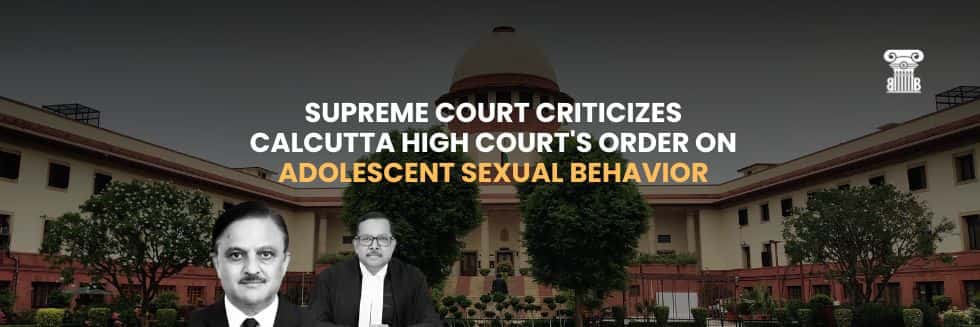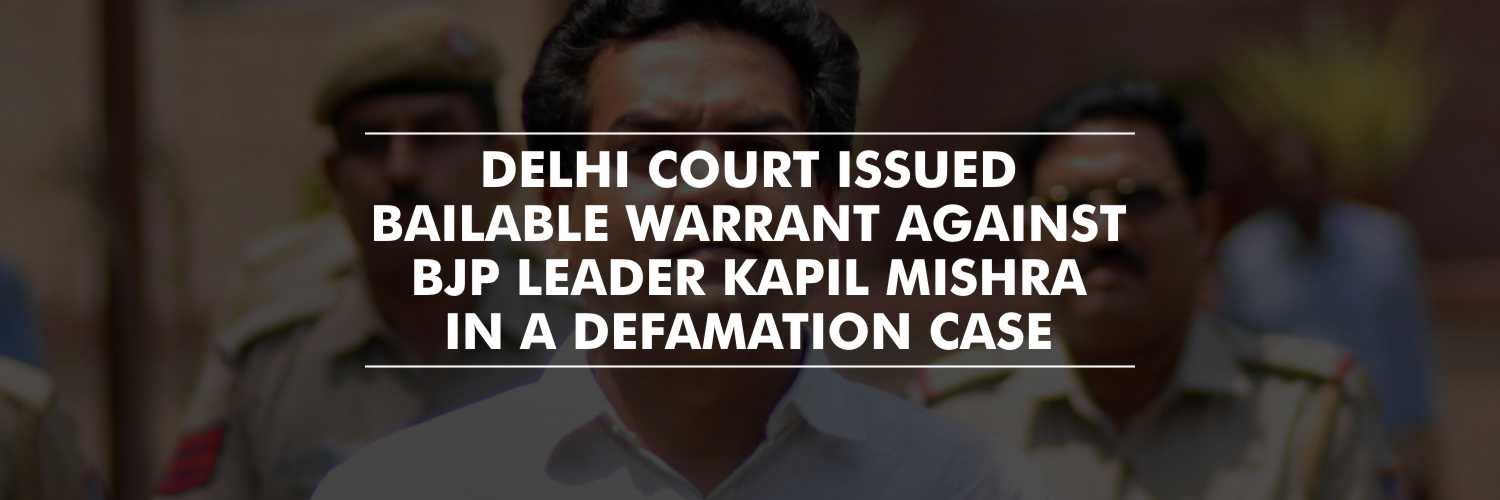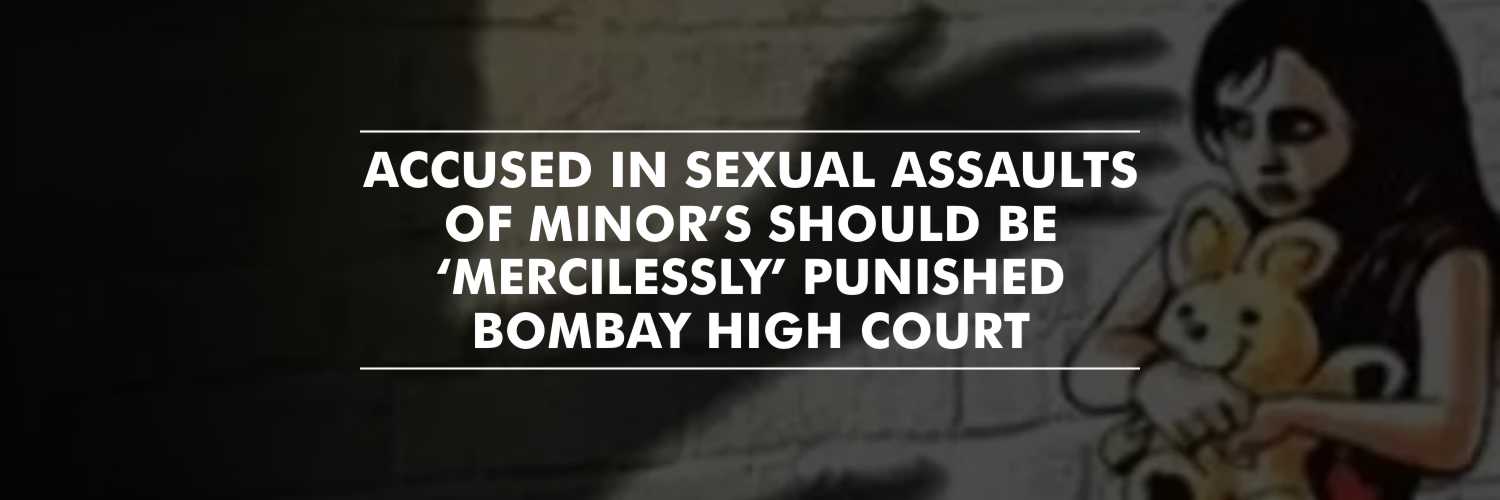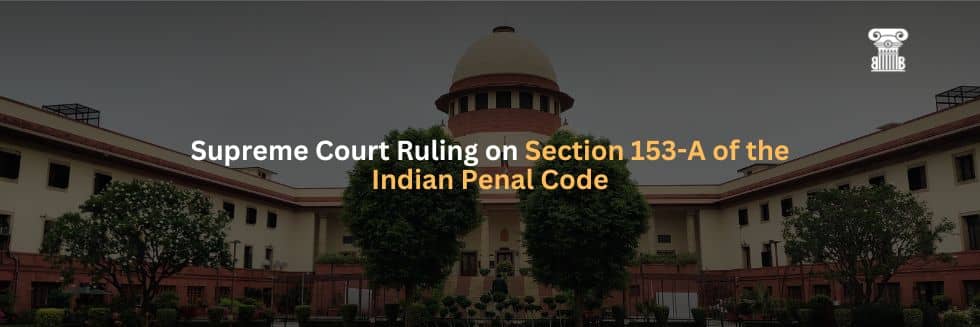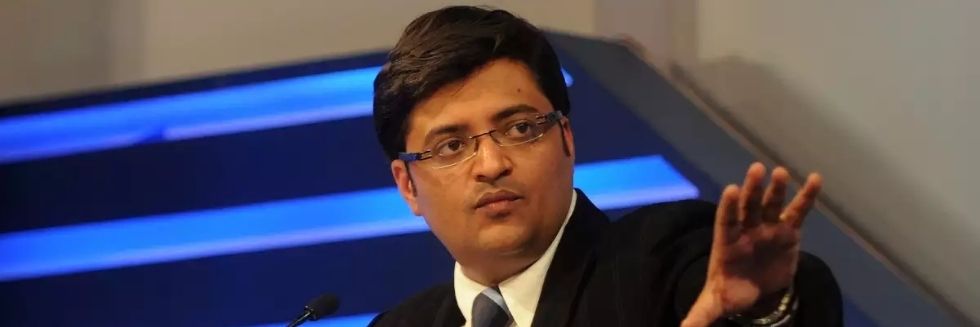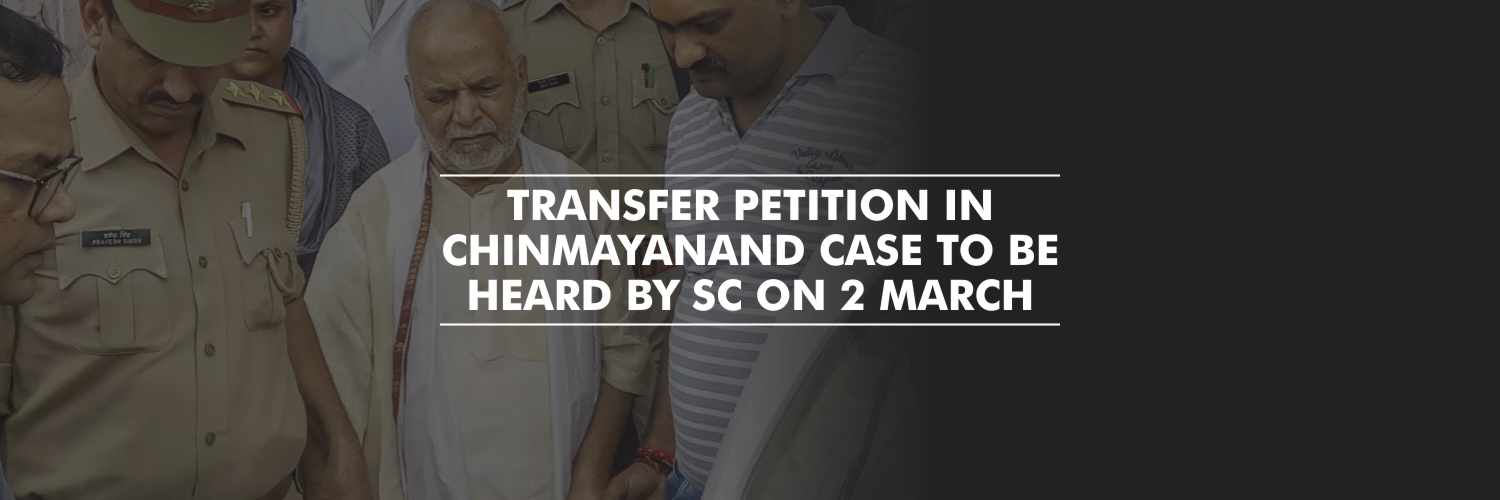In a significant development, the Supreme Court of India expressed its disapproval of a recent order by the Calcutta High Court that urged adolescent girls to “control” their sexual urges. The apex court’s bench, comprising Justices Abhay S Oka and Ujjal Bhuyan, voiced their concerns about the implications of such an order, stating that it sends “absolutely wrong signals.”
The Supreme Court’s remarks came during the hearing of a suo motu case initiated in response to the Calcutta High Court’s ruling. The latter had suggested that adolescent girls should resist “giving in to two minutes of pleasure,” a statement that has since sparked widespread controversy.
The Calcutta High Court had also expressed concerns about the Protection of Children from Sexual Offences Act (POCSO Act). It argued that the Act often conflates consensual acts among adolescents with sexual abuse. As a result, the High Court called for the decriminalization of consensual sexual acts involving adolescents above 16 years.
Furthermore, the High Court advocated for comprehensive rights-based sexual education for adolescents. This, it argued, would help prevent legal complications arising from sexual relations at a young age.
However, the controversy surrounding the High Court’s ruling primarily stems from its proposed ‘duty/obligation based approach’ for teenagers. The court suggested that adolescent females and males have different duties. Adolescent females were advised to “control sexual urge/urges as in the eyes of society she is the loser when she gives in to enjoy the sexual pleasure of hardly two minutes.” Adolescent boys, on the other hand, were asked to respect the duties of young girls or women and to train their minds to respect women, their self-worth, dignity, privacy, and right to autonomy.
The Supreme Court took suo motu cognizance of the order in December 2023, stating that the comments made by the High Court were sweeping, objectionable, irrelevant, preachy, and unwarranted. It then appointed Senior Advocate Madhavi Divan as amicus curiae in the matter, with advocate Liz Mathew asked to assist the amicus.
During the hearing of the matter on Thursday, Senior Advocate Huzefa Ahmadi represented the State of West Bengal. He informed the Court that the State has filed an appeal against the High Court verdict, agreeing with the Supreme Court that the High Court’s observations were “wrong.”
The Supreme Court expressed its intention to address the issue, stating, “From where such concepts come, we do not know. We want to address (the issue).” It proceeded to record that it would hear both the suo motu case and the State’s appeal in the matter together, marking a significant step towards addressing this contentious issue.
